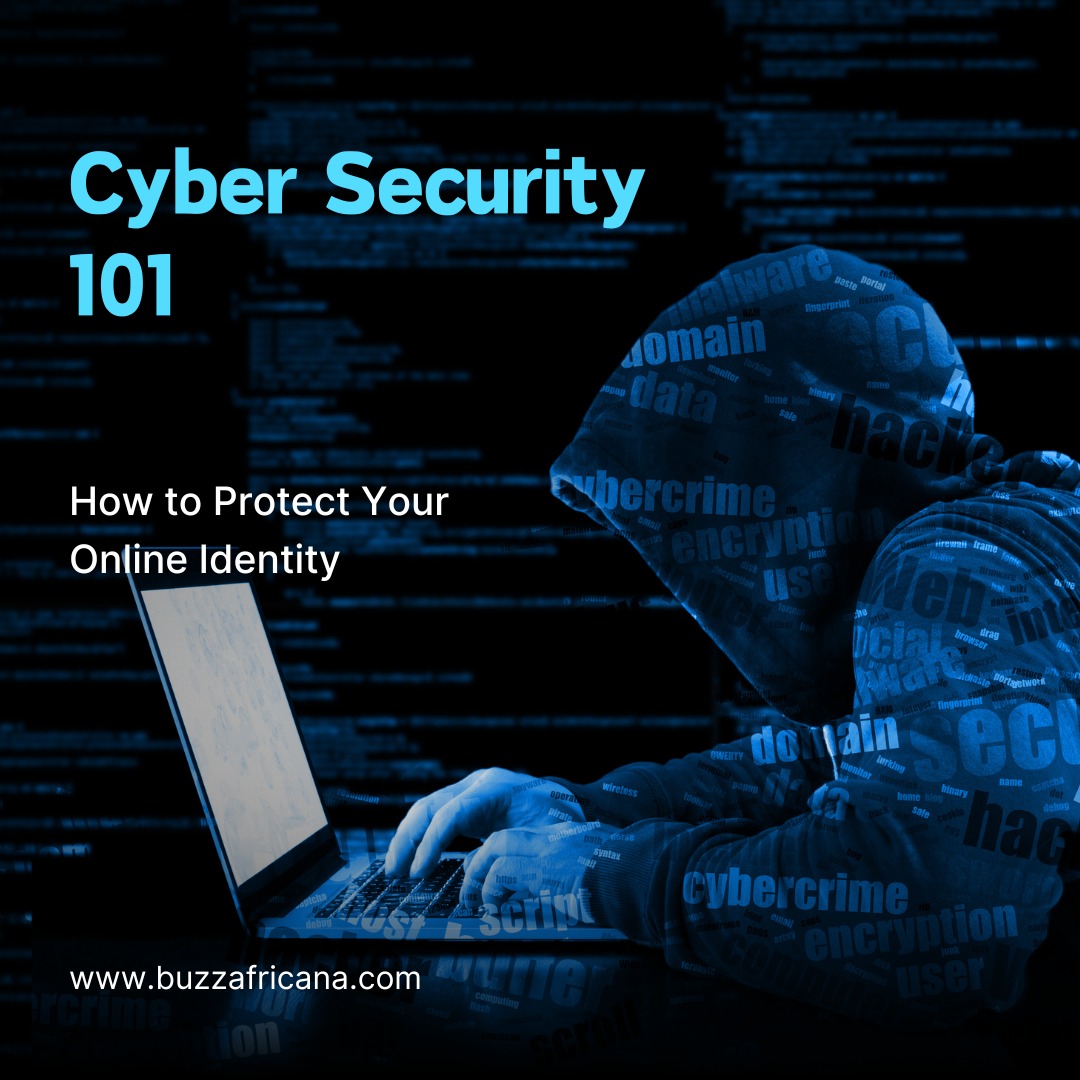Protecting your online identity is more critical than ever in today’s digital world. With cyber threats rising, from phishing scams to data breaches, knowing how to safeguard your personal information online is essential. Let’s dive into a few simple yet effective ways to secure your online presence.
1. Use Strong, Unique Passwords
Your password is your first line of defense. Yet, many people still use easily guessable passwords like “123456” or “password.” Instead, opt for complex passwords that include upper and lower-case letters, numbers, and special characters. Better yet, use a password manager to create and store unique passwords for each of your accounts.
2. Enable Two-Factor Authentication (2FA)
Two-factor authentication adds an extra layer of security by requiring a second form of verification (like a text message or app notification) in addition to your password. This way, even if a hacker gets hold of your password, they can’t access your account without the second verification step.
3. Beware of Phishing Scams
Phishing attacks come in the form of fraudulent emails, messages, or websites designed to trick you into providing sensitive information. Always verify the sender’s email address, avoid clicking on suspicious links, and never provide personal information unless you’re certain of the website’s authenticity.
4. Keep Your Software Updated
Outdated software can leave you vulnerable to security breaches. Always keep your operating system, apps, and antivirus software updated to patch any security holes that hackers could exploit.
5. Monitor Your Accounts Regularly
Regularly check your bank accounts, social media, and email for any suspicious activity. Catching unusual transactions or logins early can prevent further damage and give you time to secure your accounts.
6. Limit What You Share Online
It’s easy to overshare on social media, but posting personal details like your home address, phone number, or even travel plans can put you at risk. Be mindful of your privacy settings and who can access your information.
7. Use a VPN for Extra Security
A virtual private network (VPN) encrypts your internet connection, making it harder for hackers or snoopers to track your online activity or steal your data, especially when using public Wi-Fi.
(Conclusion)
Cybersecurity doesn’t have to be overwhelming. By taking a few simple steps—like using strong passwords, enabling 2FA, staying aware of phishing scams, and keeping your software updated—you can significantly reduce the risk of identity theft and online fraud. Protecting your digital life is all about being proactive and staying vigilant. Stay safe online!




